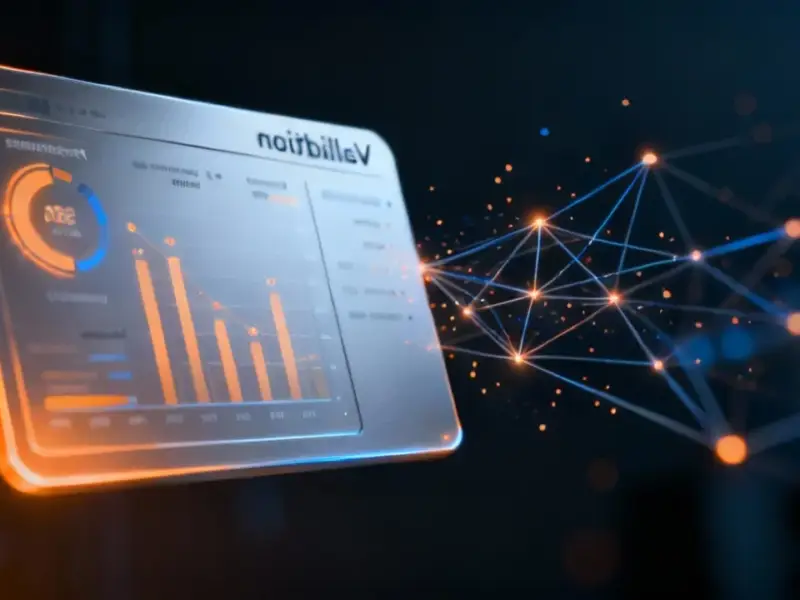According to CNBC, Intuit has agreed to pay OpenAI more than $100 million in a multiyear deal to integrate the AI company’s large language models across its financial products. The partnership will bring ChatGPT directly into TurboTax, QuickBooks, Credit Karma and Mailchimp services. Intuit shares climbed 3% on Tuesday following the announcement. Users will be able to link their Intuit accounts to ChatGPT and perform tax and financial actions securely through the chatbot interface. The experience will run entirely inside ChatGPT while keeping user data within Intuit’s ecosystem. This represents one of OpenAI’s largest enterprise deals to date alongside partnerships with companies like PayPal and Shopify.
What this means for users
Basically, you’ll soon be able to ask ChatGPT questions about your taxes and finances without the usual back-and-forth between different apps. Want to estimate your tax refund? Ask ChatGPT. Need help finding the right credit card? ChatGPT can pull your Credit Karma data. Looking for QuickBooks insights? The AI can analyze your business activity in real-time.
Here’s the thing that really matters though: your financial data stays with Intuit. Even when you’re chatting with ChatGPT, the underlying documents and sensitive information never leave Intuit’s systems. That’s crucial for privacy, especially when we’re talking about tax returns and business finances. The chatbot basically becomes a smart interface that can access your data with permission but doesn’t store or process it directly.
Why Intuit is betting big
Look, Intuit isn’t dropping nine figures on this partnership just for fun. They’re seeing the AI wave coming and don’t want to get left behind. Their internal AI system called GenOS will get a major upgrade with OpenAI’s models, which should make all their products smarter and more conversational.
And let’s be real – tax software has always been kind of clunky. You fill out forms, answer questions, hope you didn’t miss anything. This moves everything toward a more natural, conversational approach. Instead of navigating menus and forms, you just ask questions like you would with a tax professional. That’s a huge user experience upgrade if they can pull it off.
OpenAI’s broader strategy
For OpenAI, this is about proving they’re more than just a chatbot company. They need to show they can become a platform that powers entire industries. At a $500 billion valuation with over $1.4 trillion in spending commitments, they need revenue streams beyond consumer ChatGPT subscriptions.
Think about it – financial services is one of the most valuable sectors they could penetrate. If they can make TurboTax and QuickBooks work better, why not your banking app? Your investment platform? Your small business accounting? This deal gives them credibility in a space where accuracy and security are absolutely critical.
We’re already seeing similar patterns with their PayPal, Shopify, and Walmart partnerships. OpenAI is systematically going after high-value verticals where AI conversations can replace traditional interfaces. The question is whether they can scale this approach without running into the privacy and accuracy concerns that always come with financial data.




